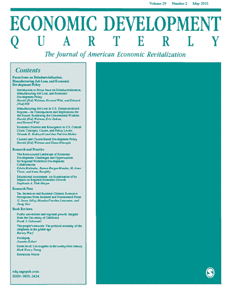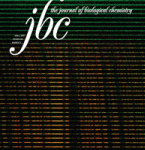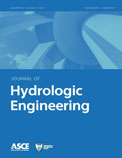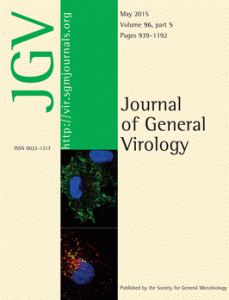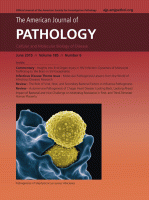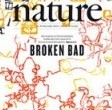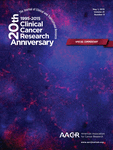 Springer has retracted two articles about groundwater in Algeria from its journal Environmental Earth Sciences – one was sent down the well by “copyright issues that cannot be resolved,” and the other by a duplicate publication two years prior.
Springer has retracted two articles about groundwater in Algeria from its journal Environmental Earth Sciences – one was sent down the well by “copyright issues that cannot be resolved,” and the other by a duplicate publication two years prior.
The first article of the two, “Principal component, chemical, bacteriological, and isotopic analyses of Oued-Souf groundwaters,” was published in 2009 by researchers in Japan and Algeria. Its corresponding author, Hakim Saibi, is listed as an associate professor in the faculty of engineering at Kyushu University in Japan. We can’t say anything about the article’s content beyond what’s in the title, since its abstract is no longer available online. The retraction notice consists of a single, lonely sentence: Continue reading “Copyright issues that cannot be resolved” and duplicate publication sink two groundwater papers
